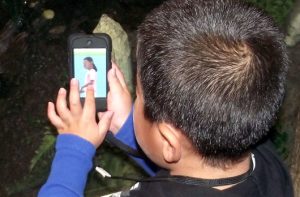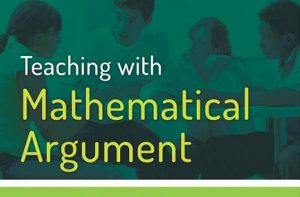

Teaching with Mathematical Argument—Strategies for Supporting Everyday Instruction
Despina Stylianou and Maria Blanton show how building daily instruction around mathematical argumentation can enliven your classroom and re-engage your students.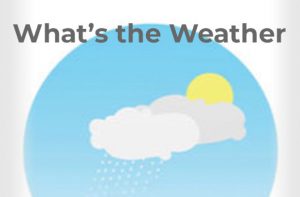

What’s the Weather? Unit eBooks
What’s the Weather? encourages students to build ideas of science content and process through hands-on and online investigation of the weather in their location.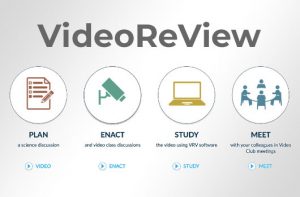

VideoReView
Use video technology to see patterns in students’ learning you couldn’t see before.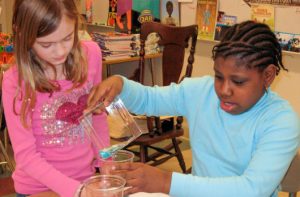

The Inquiry Project Curricula & PD
The Inquiry Project takes a unique approach to a study of matter for grades 3–5, bringing together core ideas, scientific practices, and crosscutting concepts.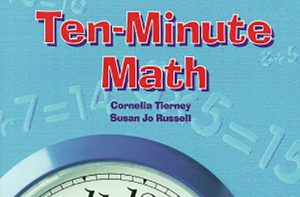

Ten-Minute Math: Activities and Games for Grades K-5
Suggestions for quick explorations known as “ten-minute math” are woven throughout the units to support and balance the in-depth work of each unit.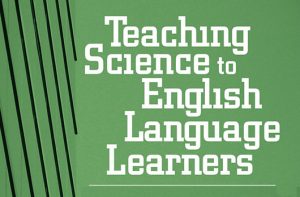

Teaching Science to English Language Learners
Teaching Science to English Language Learners combines research findings with classroom vignettes and the perspectives of teachers to support your efforts to see diversity as a resource in the science classroom.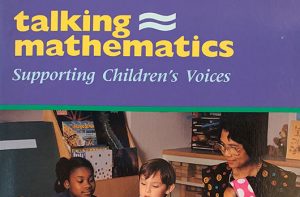

Talking Mathematics: Supporting Children’s Voices
The Talking Mathematics project explored ways teachers support mathematical discourse in elementary classrooms.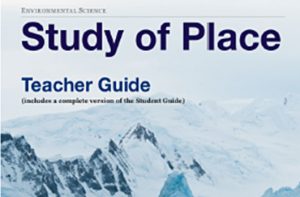

Study of Place
Study of Place consists of two web-based science units that give middle grades students access to technological tools and resources used by scientists, and provide opportunities for authentic inquiry about the interconnectedness of our world.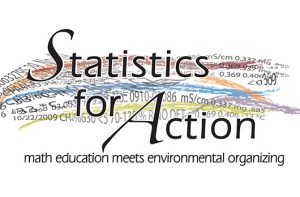

Statistics for Action Materials
Statistics for Action (SfA) has developed free, math-rich materials that enable community members to interpret environmental test results, make informed decisions based on data, and use numbers to convincingly communicate concerns to officials and neighbors.